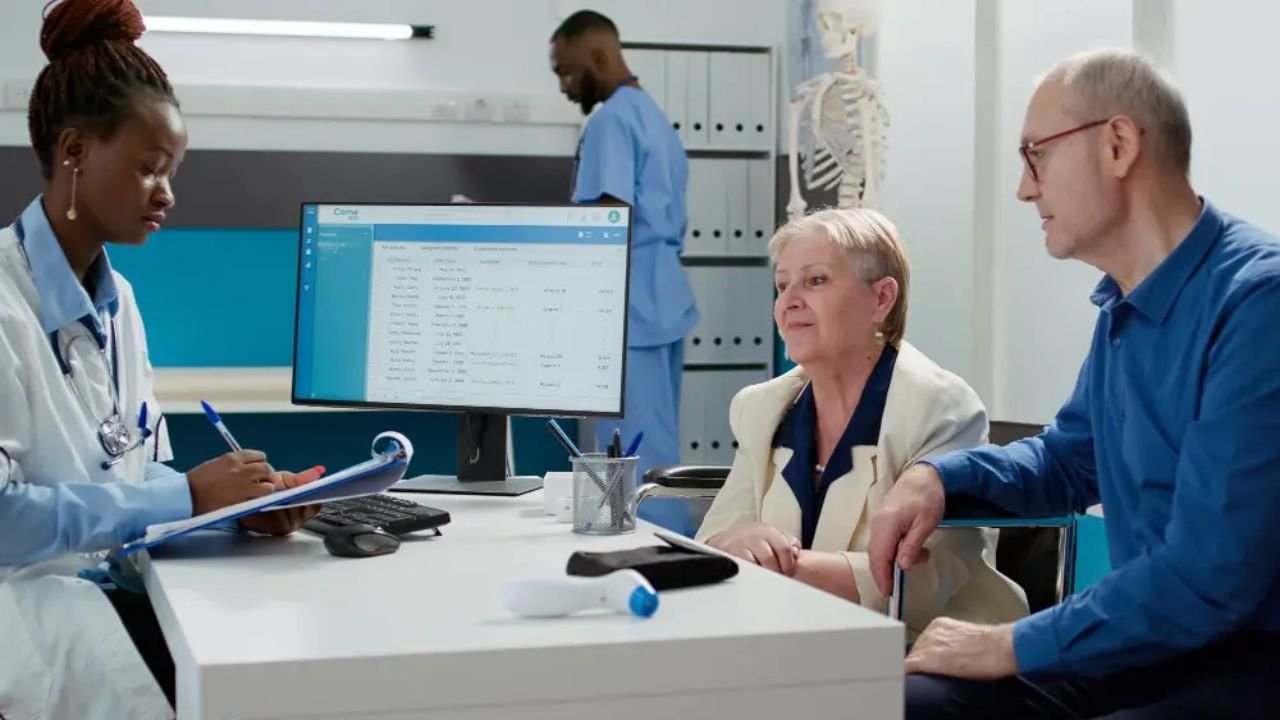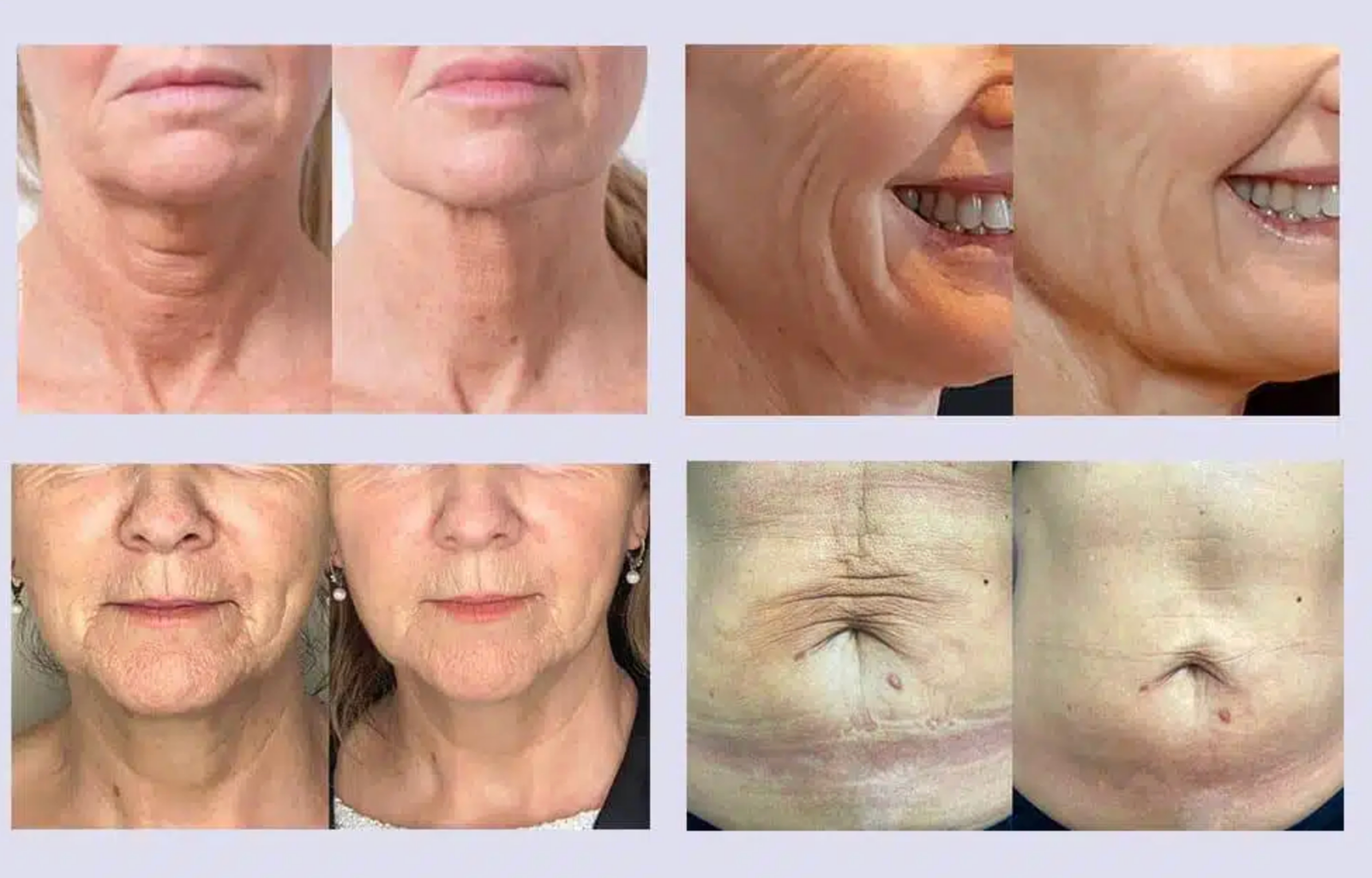Efficient billing systems are the backbone of modern healthcare, benefiting both providers and patients alike. Thanks to technological advancements, medical billing software now plays a vital role in streamlining processes, minimizing errors, and ensuring prompt payments. This article explores the essential insights healthcare professionals and patients should know about today’s healthcare billing practices, highlighting the features and advantages of cutting-edge medical billing software.
The Role of Medical Billing Software in Healthcare
Medical billing software streamlines the complex process of healthcare billing by automating tasks like invoice generation, insurance claim management, and patient payment tracking. By reducing manual effort, it lightens the workload for billing teams while significantly lowering the risk of human error. This, in turn, helps prevent claim rejections and ensures a smoother, more efficient revenue flow.
Enhancing Accuracy and Reducing Errors
A key benefit of medical billing software is its ability to improve accuracy in the billing process. By automating the entry of codes and patient details, it minimizes the errors often caused by manual data entry. Modern systems are also regularly updated with the latest billing codes and regulations, ensuring compliance with current standards. This not only streamlines the process but also boosts the likelihood of claims being approved on the first submission.
Streamlining Claims and Payment Processing
Medical billing software streamlines the claims process by seamlessly connecting with insurance providers. These automated systems enable electronic claim submissions, monitor claim statuses, and promptly notify billing teams of denials or issues requiring attention. By accelerating reimbursements and improving efficiency, this technology empowers healthcare providers to maintain a healthier cash flow and focus on patient care.
Improving Patient Satisfaction
Medical billing software significantly improves patient satisfaction by streamlining the billing process. Transparent billing and easy access to payment histories via patient portals foster trust and strengthen communication between patients and healthcare providers. Moreover, accurate billing reduces the risk of erroneous charges, eliminating a common source of frustration and enhancing the overall patient experience.
Integrating with Electronic Health Records (EHR)
Modern medical billing systems now integrate effortlessly with electronic health records (EHR), forming a unified platform that securely and efficiently shares patient data. This seamless connection ensures billing accuracy by directly aligning charges with the medical services documented in the EHR. By streamlining administrative processes, this integration reduces the burden on healthcare providers, allowing them to dedicate more time and attention to patient care.
Data Security and Compliance
As healthcare information becomes increasingly digitized, security and compliance have taken center stage. Modern medical billing software is equipped with advanced security measures to safeguard sensitive patient data while ensuring adherence to healthcare regulations like HIPAA in the United States. These protections are vital, not only for preserving patient privacy but also for upholding the operational integrity of healthcare providers.
The Future of Healthcare Billing
The future of healthcare billing is set to be transformed by the growing integration of AI and machine learning. These advanced technologies have the potential to significantly improve both the efficiency and accuracy of billing systems. By predicting common issues, recommending optimizations, and automating interactions with patients and insurers, they can streamline processes and resolve outstanding balances more quickly. This evolution promises to redefine the way healthcare organizations manage their billing operations.
Conclusion
Medical billing software is transforming healthcare finance management, redefining how providers handle billing and payment processes. By streamlining workflows, these systems make operations more efficient, secure, and user-friendly for healthcare teams. Automating time-consuming manual tasks helps reduce administrative burdens, allowing staff to dedicate more time to patient care. Moreover, medical billing tools improve accuracy by minimizing errors in coding, claims submissions, and payment tracking. This leads to faster reimbursements, fewer disputes, and improved financial performance for providers. Ultimately, these advancements enhance patient satisfaction by delivering a smoother, more transparent billing experience.



